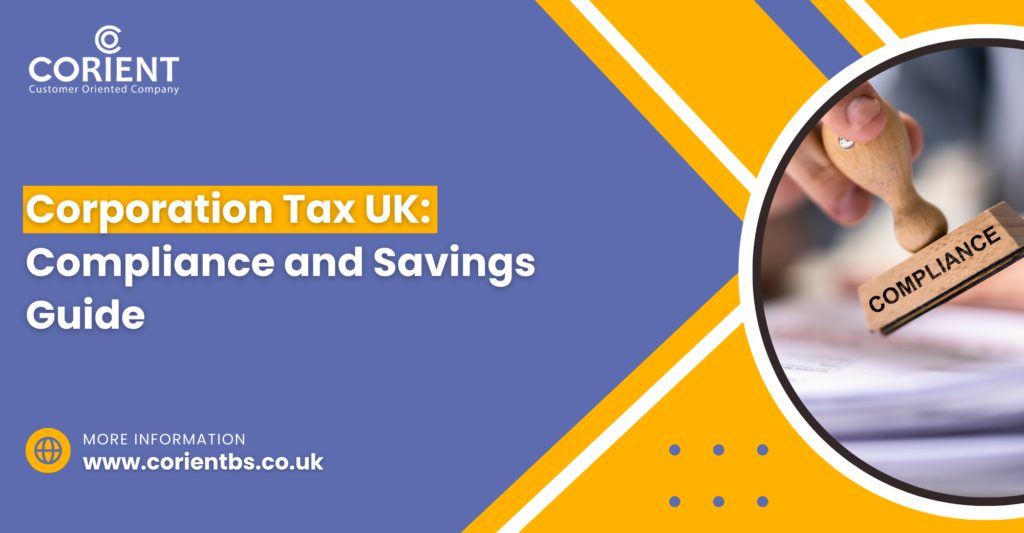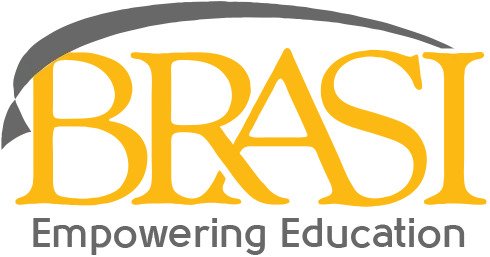Corporation tax is a crucial aspect of business taxation in the United Kingdom, affecting companies of all sizes. Having a clear understanding of its mechanisms is vital for businesses aiming to stay compliant while optimizing financial strategies. This guide explores the fundamentals of corporation tax, recent changes, and actionable strategies for businesses and accounting professionals to navigate this area confidently.
Whether you’re managing a small accounting practice or working as a financial director, understanding corporation tax equips you to assist clients in meeting obligations, avoiding penalties, and even reducing their tax liabilities. Let’s dive deeper into the essentials of corporation tax in the UK.
What Is Corporation Tax and Who Pays It?
Corporation tax applies to all UK-based businesses and is charged on yearly profits. Businesses operating in the UK, whether as limited companies or other entities, are required to file self-assessment tax returns. Often, businesses appoint accountants or outsource corporation tax services to handle tax filing and related tasks effectively. For more details, explore our Corporation Tax Outsourcing Services.
Companies are responsible for paying corporation tax based on their profits. However, understanding allowable expenses and exploring professional tax-saving strategies can lead to significant savings.
How to Register for Corporation Tax with HMRC?
Your clients have three months from starting operations to register for corporation tax with HMRC. They must provide information such as:
- Business start date
- Company name and registration number
- Location of the primary office
- Annual closing date of financial statements
Efficient handling of these requirements ensures compliance with HMRC’s timelines. For outsourced expertise in registration and compliance, visit our Tax Outsourcing Support.
Current Corporation Tax Rates in the UK
Corporation tax rates in the UK are as follows:
- 25% for profits above £250,000
- 19% for profits below this threshold
Rates are subject to changes, so staying updated with HMRC announcements is crucial.
Key Deadlines for Corporation Tax
Corporation tax payment is due nine months and one day after the end of the accounting period. Filing company tax returns, however, must be done within 12 months of the accounting period’s end. Missing deadlines can lead to penalties and interest charges. For year-end planning and compliance, check out our Year-End Accounts Outsourcing services.
Allowable vs. Disallowable Expenses
Allowable Expenses: Expenses incurred solely for business purposes can be deducted from taxable profits, reducing the tax bill. Examples include:
- Office and property expenses
- Staff salaries and training
- Legal and professional fees
- Marketing costs
Disallowable Expenses: Personal benefits, fines, and donations to political parties or non-approved charities are excluded from tax deductions.
Accurate categorization of expenses is essential for filing error-free returns. Learn more about improving accuracy through Bookkeeping Outsourcing Services.
Understanding CT600 and Its Significance
The CT600 form is a critical part of corporation tax filing, detailing business revenue, profits, tax liabilities, and exemptions. Submitting accurate CT600 forms along with supporting documents ensures HMRC compliance. If managing these forms becomes overwhelming, our Accounting Outsourcing Services can provide valuable assistance.
How to Pay Corporation Tax
Corporation tax can be paid through multiple channels, including:
- Online banking or direct debit
- Local bank payments
- HMRC’s online portal
Timely payments are necessary to avoid penalties, especially during weekends or holidays when banking delays are common.
Penalties for Late Payments
Late filing or payments invite penalties from HMRC. Penalty severity depends on the delay duration and whether errors are intentional. Avoid such penalties by ensuring timely compliance. For tailored support, explore our Making Tax Digital Services.
Strategies to Reduce Corporation Tax
Here are four strategies to help clients reduce their corporation tax liabilities:
- Claim Allowable Expenses: Encourage clients to meticulously track and claim all eligible business expenses.
- Pay Salaries to Company Owners: Salaries reduce taxable profits as they are considered a business expense.
- Make Pension Contributions: Employer contributions to pension schemes are exempt from corporation tax.
- Early Payments to HMRC: Early tax payments can earn interest refunds, further reducing costs.
For additional tax optimization techniques, consult our Advisory and Consulting Services.
Frequently Asked Questions
Q1: Can Corporation Tax Be Reduced?
Yes, through strategies like claiming allowable expenses, utilizing tax credits, and early payments.
Q2: When Is Corporation Tax Due?
Corporation tax is typically due nine months and one day after the end of your accounting period.
Q3: Are Dividends Subject to Corporation Tax?
No, dividends are not directly subject to corporation tax in the UK.
Conclusion
Navigating corporation tax requirements doesn’t have to be daunting. Leveraging professional services for tasks such as tax filing, compliance, and strategy can make a significant difference in efficiency and cost savings. Corient UK offers specialized support in corporation tax, bookkeeping, payroll, and year-end accounts outsourcing. Explore our range of Accounting Services to simplify your practice and better serve your clients.
Contact us today through our Contact Page to discuss your requirements and learn how we can help transform your accounting practice.



